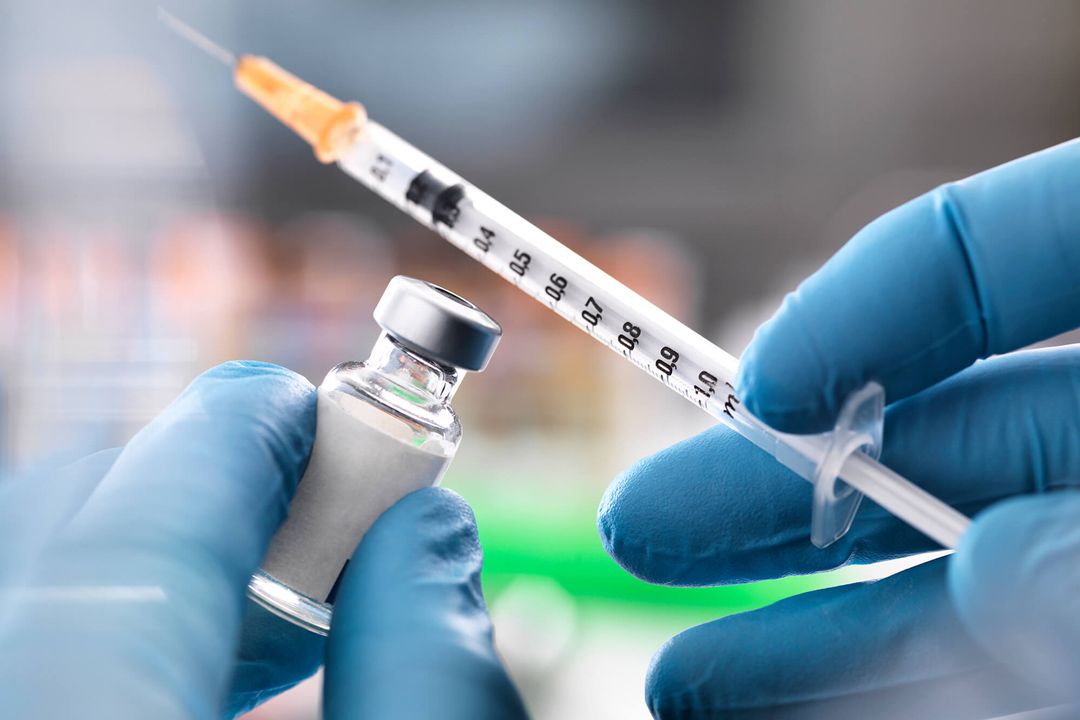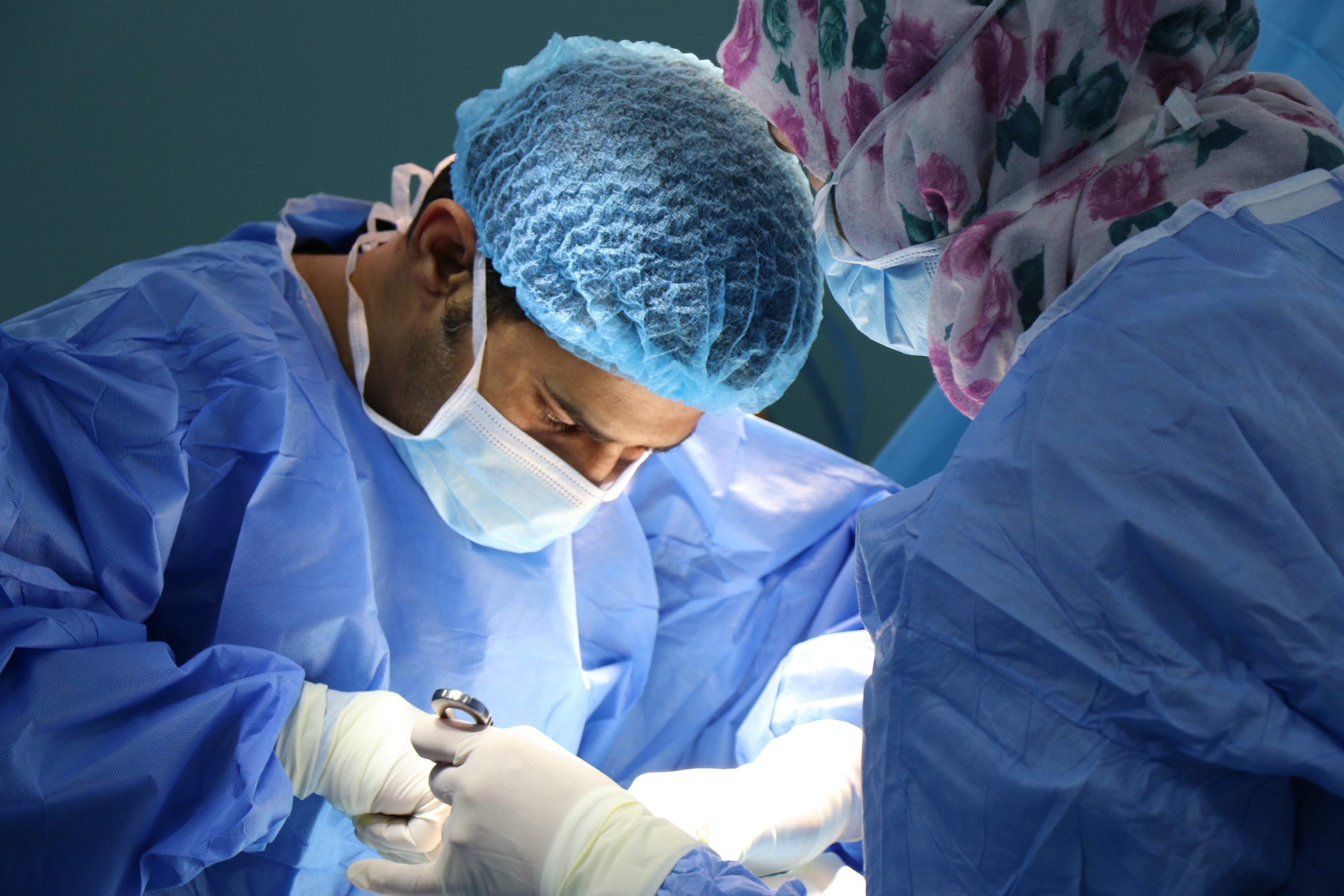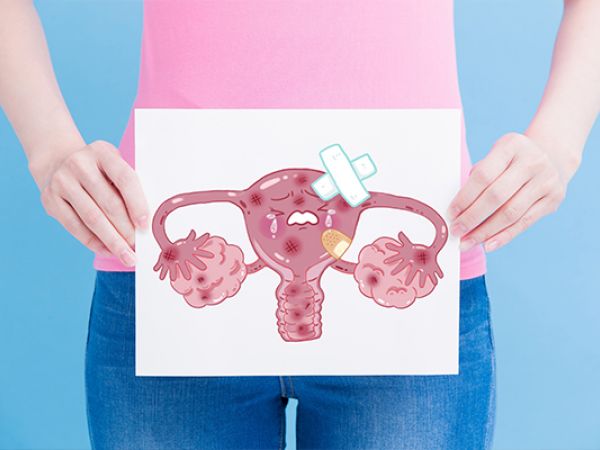Treatment Options
How can endometriosis be treated?
There is no known cure for Endometriosis. But, there are treatments which can help relieve your symptoms and improve your quality of life.
Medical Advisor: Dr Patricia Lim Su-Lyn
References
- Nonsteroidal anti-inflammatory drugs for heavy menstrual bleeding. Cochrane Database Syst Rev 2000;(2):CD000400, ISSN: 1469-493X, Lethaby A; Augood C; Duckitt K; Department of Obstetrics and Gynaecology, University of Auckland, Auckland, New Zealand
- Medical management of dysfunctional uterine bleeding, Baillieres Best Pract Res Clin Obstet Gynaecol 1999 Jun;13(2):189-202, ISSN: 1521-6934, Irvine GA; Cameron IT Ayshire Central Hospital, Irvine, UK
Have you been diagnosed with endometriosis or are wondering if you could have it?
Read more below to find answers to some common questions about endometriosis.





